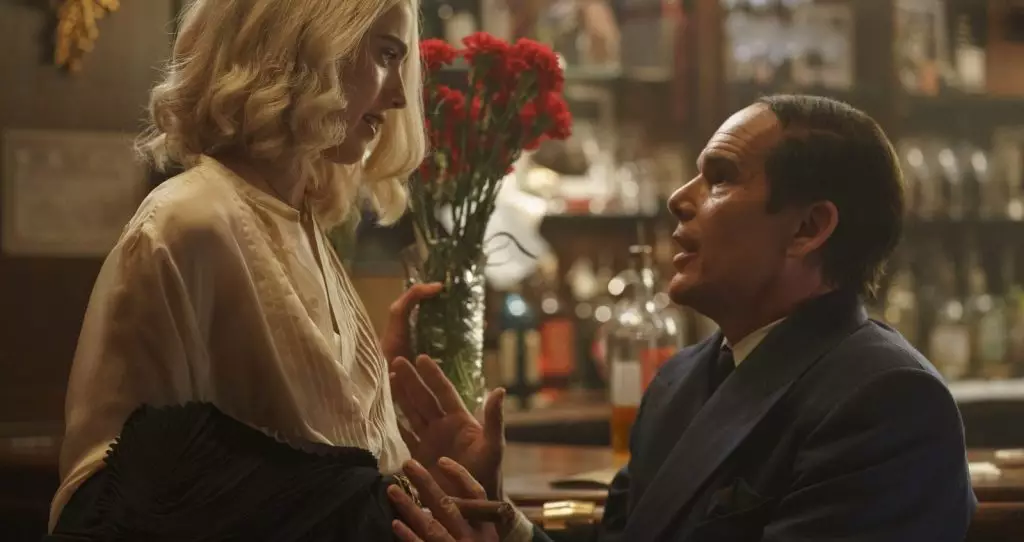In the ever-evolving landscape of cinema, Richard Linklater’s *Blue Moon* stands out as a poignant reflection on artistry and legacy. Set to release on October 17, with an expansion on October 24, the film is timely not only for its historical context but also for what it reveals about the pressures faced by creative individuals, particularly in the arts. Centered on the life of Lorenz Hart, the renowned tunesmith, this narrative promises to delve deep into the struggles of artistic identity—an ever-relevant theme that resonates with many today.
The Weight of Commercial Success
Ethan Hawke takes on the role of Lorenz Hart, and his performance is likely to embody the complexities of a man overshadowed by the brilliance of his contemporaries, notably Richard Rodgers. Hawke and Linklater’s collaborative history, spanning nearly a decade, establishes a strong foundation for the exploration of interpersonal dynamics in a world where commercial success often comes at the cost of artistic integrity. As Oklahoma! premieres, Hart’s absence elucidates the pervasive pressures in the creative industry—a striking reminder that the limelight is fleeting, while the true essence of artistry is often lost in the pursuit of fame.
A Portrait of Personal Struggles
But *Blue Moon* is not just about success and overshadowing talent; it critically addresses the personal struggles Hart faced in a society that rarely afforded sensitivity to creative minds. Audiences today are increasingly aware of mental health, making this portrayal especially resonant. Hart’s battles, compounded by his tumultuous relationship with Rodgers and his eventual health issues, speak to a broader narrative concerning the vulnerabilities of those in creative fields. Such an exploration can enlighten contemporary viewers, nurturing empathy while raising awareness about the often unseen dilemmas that accompany artistic genius.
An Artistic Testament Amidst Change
With the film’s setting in Sardi’s Restaurant on the night of *Oklahoma!’s* debut, the ambiance acts as a microcosm of the transition taking place within Broadway and the entertainment industry at large. The juxtaposition of Hart’s struggles against a backdrop of triumphant commercial theatricality serves to highlight the cyclical nature of artistic expression. As linkages are drawn between past and present, the analogy remains uncomfortably relevant: artists today find themselves balancing personal authenticity against the industry’s relentless demands for novelty and profitability.
A Celebration of Collaboration
Linklater, along with producers Mike Blizzard and John Sloss, crafts more than just a biopic; they create a conversation. Each collaboration enhances the narrative, reminding us that interconnectedness in the arts is crucial to its survival. Rather than work in isolation, as Hart ultimately did, artists thrive when they engage mindful conversations and shared creative endeavors—an idea increasingly vital as society begins to embrace collaboration over competition.
As *Blue Moon* prepares to make its mark on the festival circuit and subsequent distribution, it bears watching not just as an artistic endeavor but as a cultural touchstone. Amid shifting societal values, Linklater’s film urges us to reflect on our relationship with art, legacy, and the artists who create them. In a world that sometimes seems devoid of empathy and understanding, *Blue Moon* promises a critical examination of what it means to be an artist—a narrative both challenging and necessary in today’s milieu.

